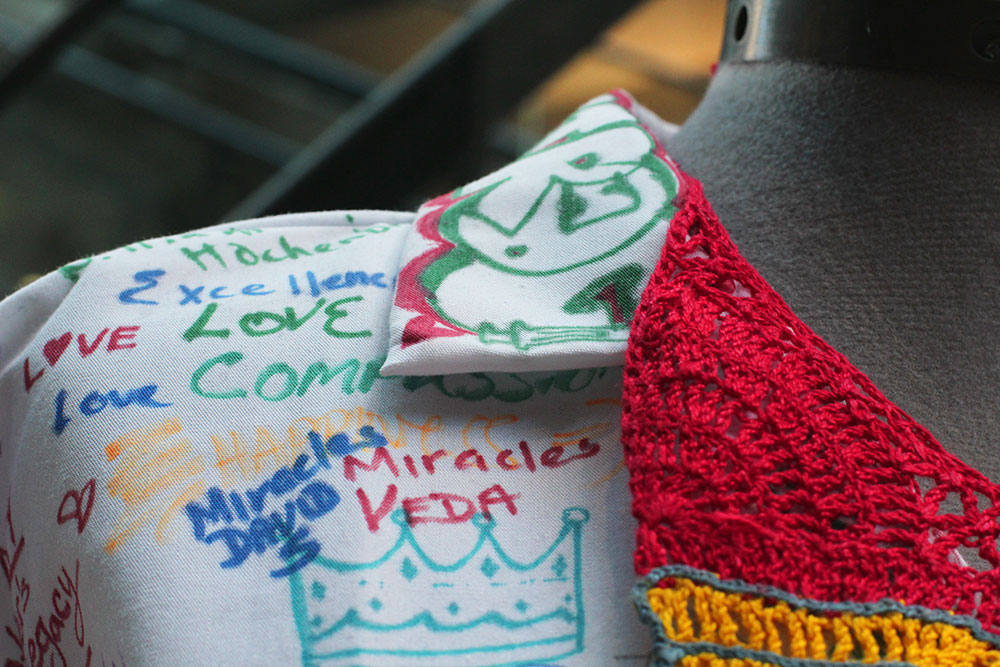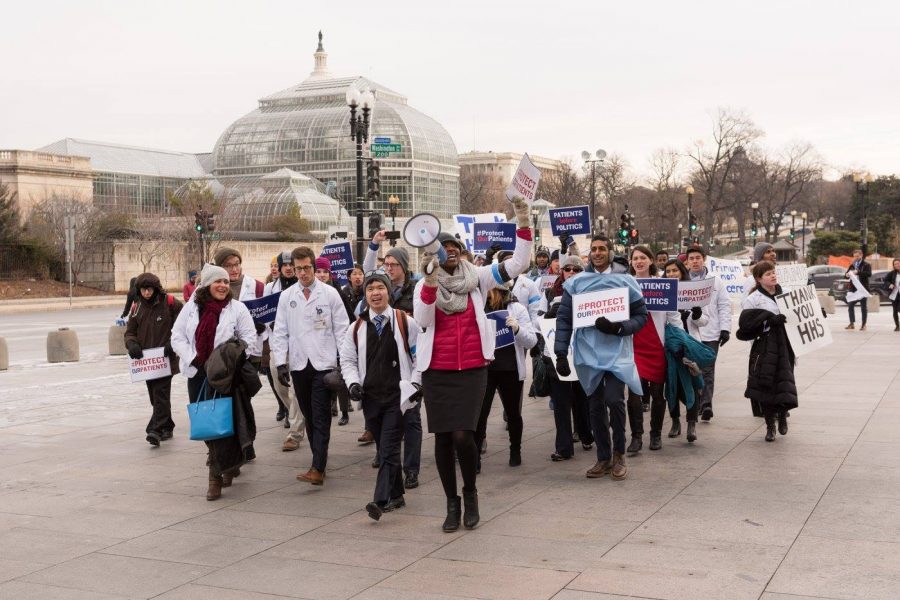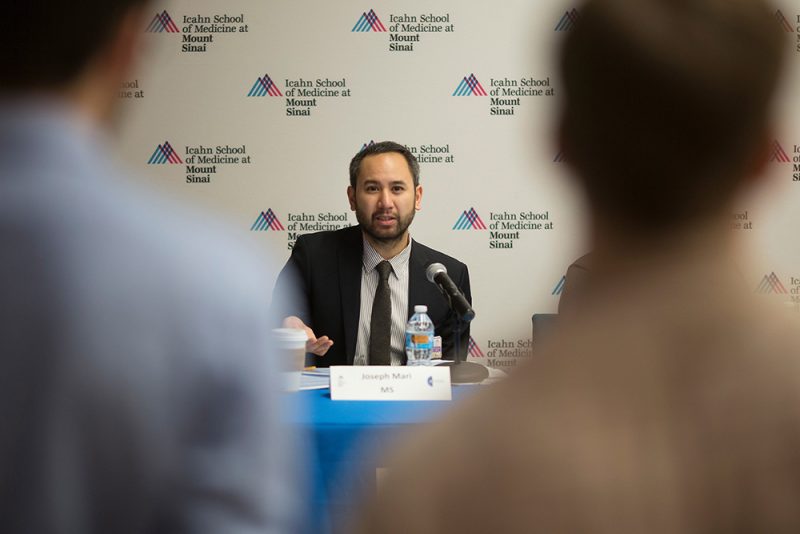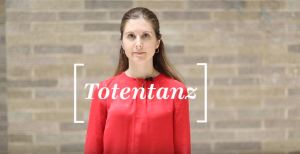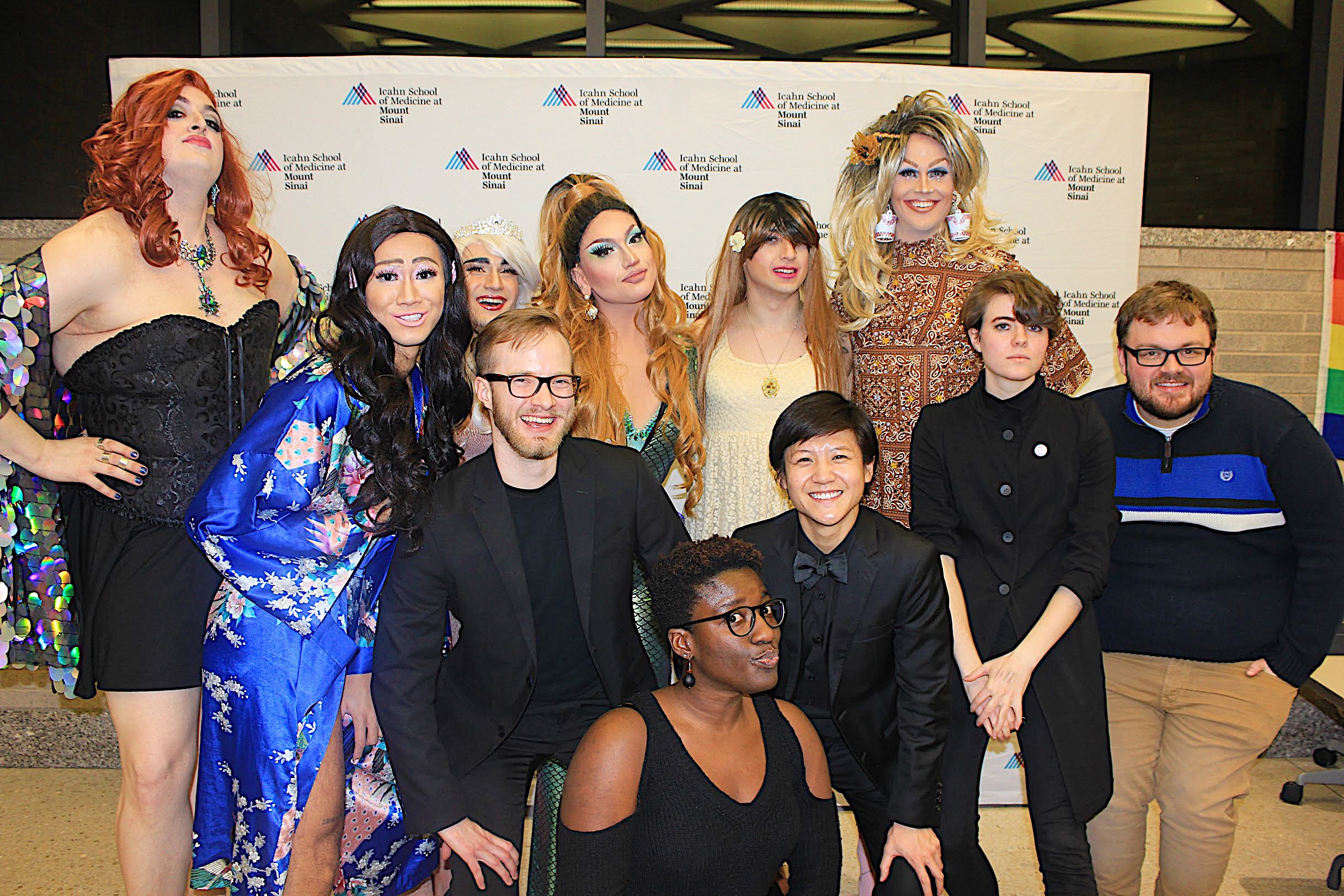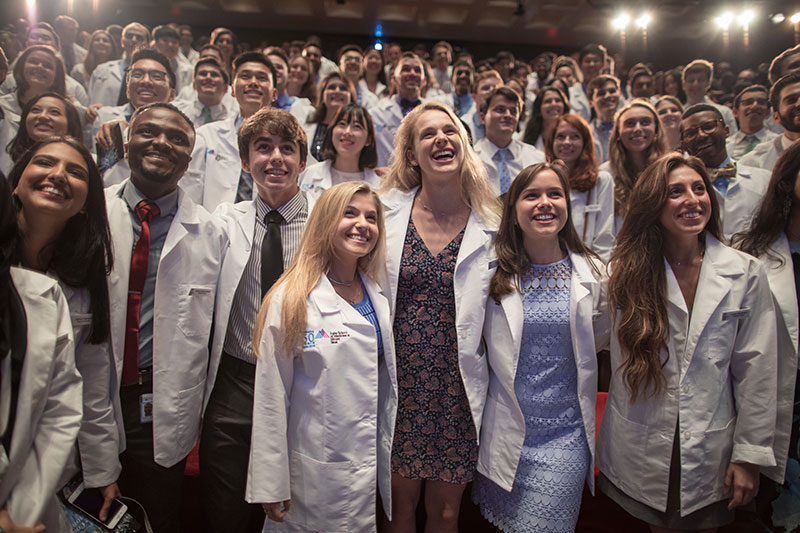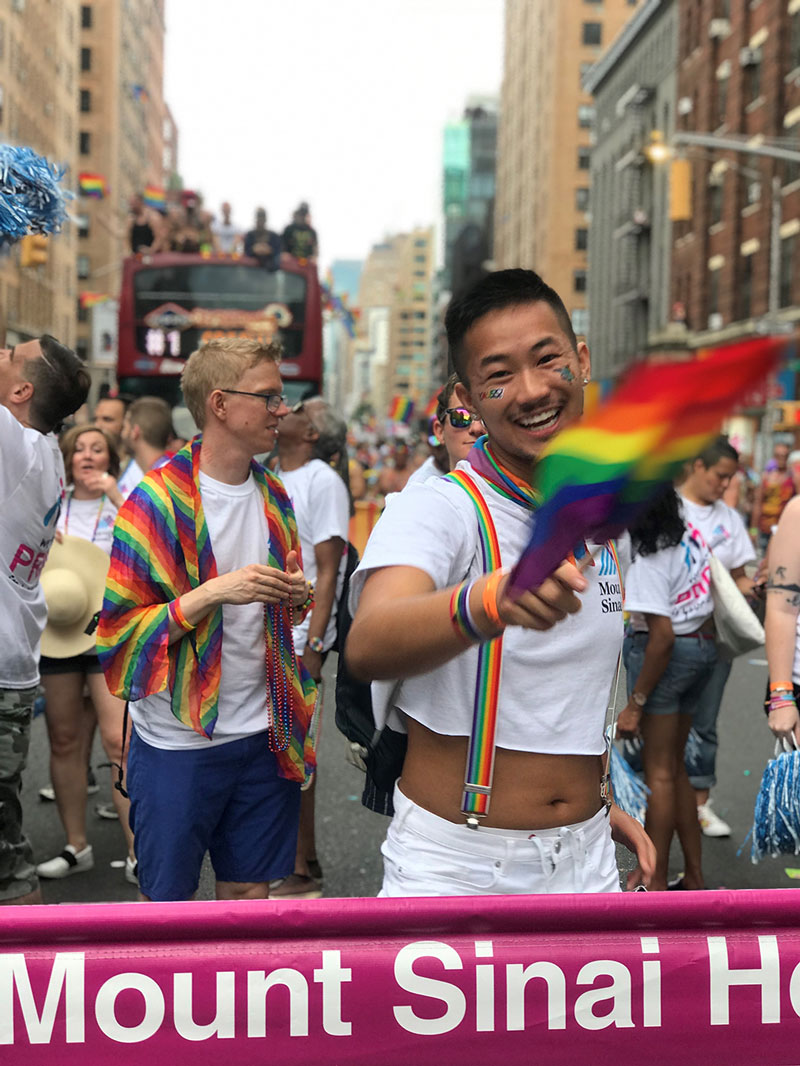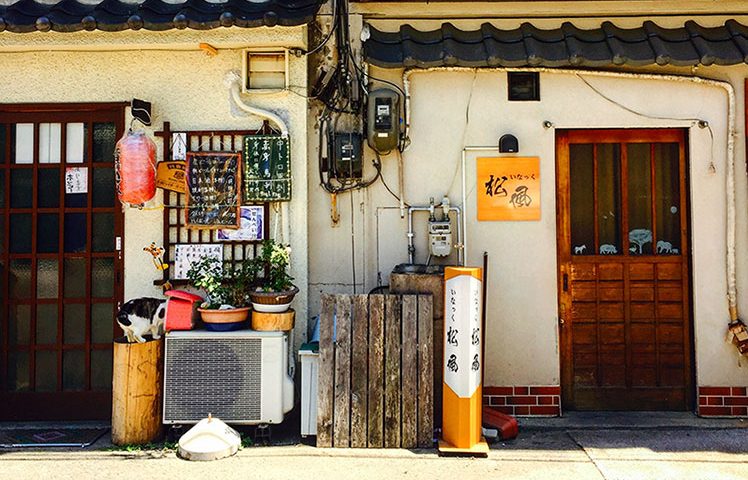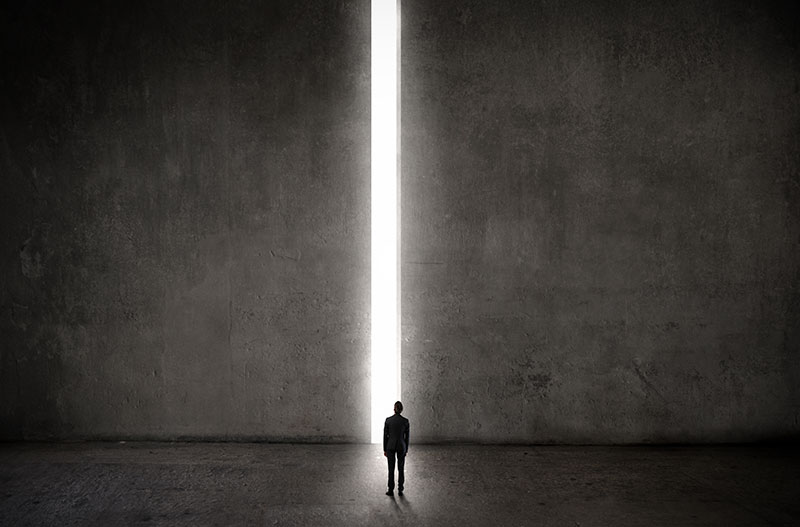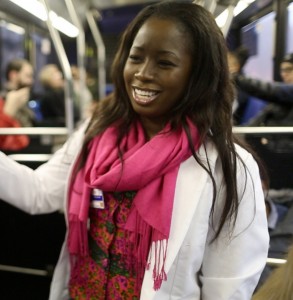 (Continued from Part 1)
(Continued from Part 1)
After spending a few minutes discussing the impacts of caregiving on those enrolled in the training session, we transitioned to the meat of the course: what to do when a patient exhibits certain signs and symptoms at home and when to make the call to send the patient to a health care facility. Most of the information shared was very basic and quite frankly, would be beneficial to anyone, not specifically just to this group of individuals who were caring for the very sick.
The caregivers were the first to point this fact out to me. They felt it was a shame that the training was restricted to only caregivers of cancer patients. One of the suggestions made was that such training be offered at schools and at churches. An additional concern voiced by the caregivers was that they could not give their undivided attention to the lesson because they felt they should be out in the waiting area, attending to their patients. The challenge was that, if they were to come on an alternate day, they would need the transportation cost covered. Unfortunately, I did not have the means to do so and neither did the hospital according to the head of department.
A pre-training assessment, immediate post-assessment and two-week post-assessment were conducted and the mean scores were 45%, 86% and 88% respectively, indicating that the training sessions were indeed useful, in that, information shared was retained. At the end of my time at the Radiotherapy Department, I presented my findings to the staff. Although there was genuine interest in the results, the overarching sentiment was that, there was just not enough resources to invest outside of the patient. In other words, the caregiver could not be a priority just yet. This also meant that it was unlikely that any of the staff members would have the time to spend training caregivers as I had hoped. It saddened me to hear this, especially because I had had the opportunity to see firsthand how the caregivers perceived this to be a worthwhile initiative. I hope to find an organization that would have the capacity to take this on.
Here at Icahn School of Medicine at Mount Sinai, I have come to learn that a patient’s health is contingent on many factors, one of the key ones being the social determinants of health. Additionally, I have also learned from my mentor, Dr. Diane Meier, that the role the family caregiver plays in the maintenance of good health of a patient cannot be understated. In an ideal world, this would mean that the patient, their family caregivers and everything to do with the patient’s living situation are all top-priority to health care professionals. However, my time navigating the health care system back home in Ghana taught me that a paucity of resources cripples the system, such that we are reduced to focusing on addressing symptoms rather than the underlying root cause of illness. We are reduced to addressing one aspect of care instead of the whole picture.
 Efe “Chantal” Ghanney is an MD Candidate, Class of 2017
Efe “Chantal” Ghanney is an MD Candidate, Class of 2017
Ms. Ghanney’s summer research trip was funded by the The Arnhold Global Health Institute.



